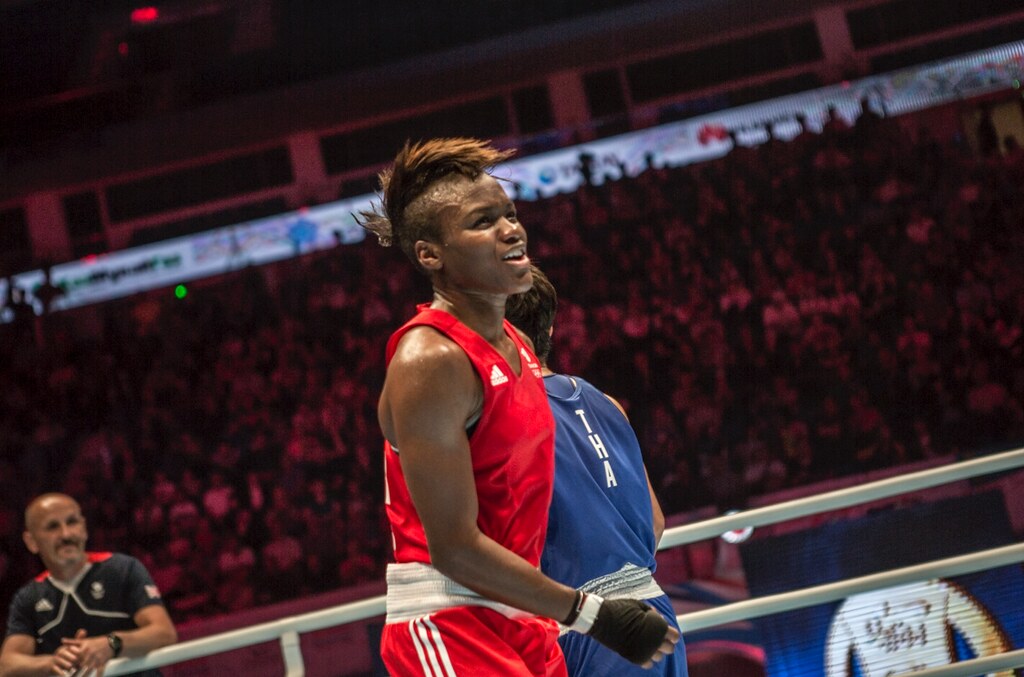On the 24th of October, Leeds’ own Nicola Adams will, once again, make LGBT history by becoming the first Strictly Come Dancing celebrity contestant to compete with a same-sex dance partner.
There is unspeakable bravery in challenging the status quo, and that is just what Nicola Adams has been doing during her career as a professional athlete. Back in 2012, Adams became the first woman to ever win a boxing Olympic title, which she successfully defended in the Rio 2016 Olympics. Nicola Adams has become one of the most recognisable LGBT icons in the United Kingdom, after becoming the first openly gay athlete to win an Olympic boxing gold medal.
Since it aired in 2004, the popular BBC One show has had a complicated relationship with queerness and the inclusion of same-sex dance couples in its airtime. It seems bizarre that a show as campy, theatrical and over-the-top as Strictly has trouble accepting LGBT folks on the dancefloor; especially as two of its judges identify themselves as part of the LGBT community.
However, the problem with making queerness visible on the show goes well beyond the influence of the judges and falls exclusively to the BBC directive, who rejected gay contestant Dr Ranj Singh’s request to be paired with a male dancer in 2019.
The only time a same-sex dancing couple has been featured on the show, 200 complaints were received by the BBC. When professional dancers Graziano Di Prima and Johannes Radebe took to the main stage for their routine, the show had an average audience of 7.9 million viewers. In comparison to Strictly Come Dancing’s audience, the 200 viewers who found the performance “offensive” enough to ring the BBC are an insignificant minority. However, it speaks volumes about how a sector of British society perceives the normalisation of otherness in the mainstream media as harmful. For some people, deviating the “norm” and tradition is something shameful that should be kept behind closed doors, away from the public eye.
There is still a lot to change in our society to make it fair, safe and egalitarian. Although some might see representation in the mainstream media as meaningless, it really does matter. It can guide and help people, as well as promote acceptance and diversity. Steps forward in inclusivity such as the one being taken by Nicola Adams should be championed as a brave, proud and unapologetic celebration of the individual freedom to publicly be whoever you want to be; as well as an important milestone for the BAME LGBT community.
Elena Sotelo
Image Source: Flickr

